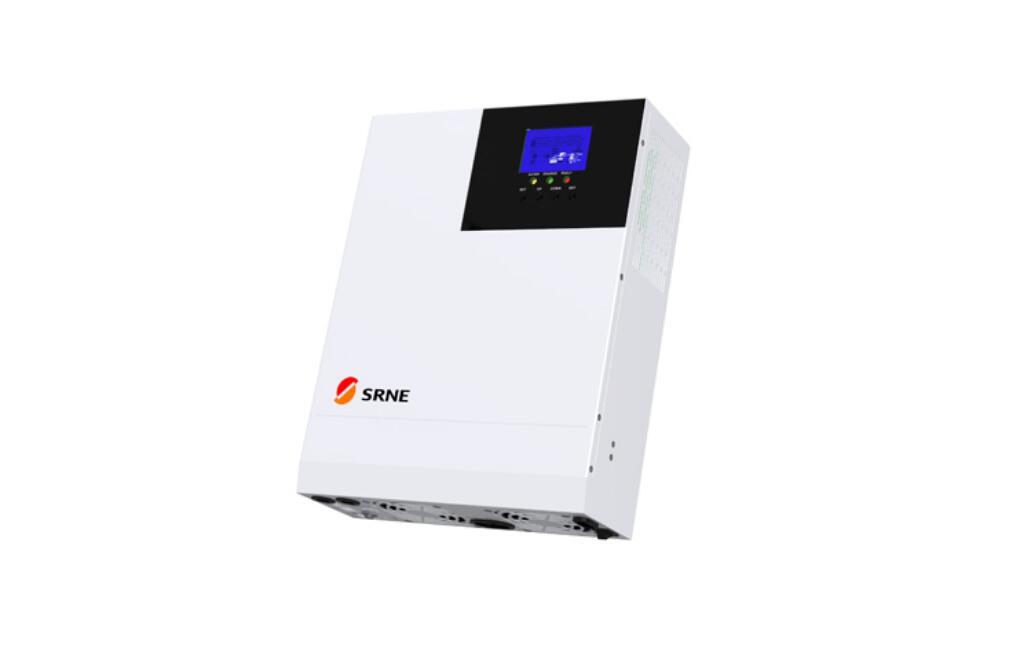-
Business enquiry telephone
-
Business enquiry telephone
-
About UsBusiness enquiry telephone
-
Business enquiry telephone
06
2025
-
06
The performance of off-grid inverters in plateau areas
Author:
An off-grid inverter is an important device that converts direct current into alternating current in the absence of a grid connection. Especially in plateau areas, due to the special natural conditions and environmental factors, its performance has received extensive attention.
The increase in altitude in plateau areas leads to significant changes in air pressure and temperature. The design and material selection of off-grid inverters must take these factors into account. Its excellent heat dissipation performance is an important guarantee for the normal operation of the equipment. In high-altitude areas, temperature changes may cause equipment to overheat. Inverters need to have a good heat dissipation structure to ensure stable operation even in high-temperature environments.
The ultraviolet radiation in plateau areas is intense, which requires off-grid inverters to have higher standards in terms of weather resistance. The shell material of the equipment should have the property of resisting ultraviolet rays to avoid aging or damage under long-term exposure to high-altitude sunlight. This weather resistance not only extends the service life of the inverter but also ensures the long-term supply of energy.
 The stability of off-grid inverters is also a factor that cannot be ignored in high-altitude applications. Due to the unpredictable weather in plateau areas, inverters need to have strong anti-interference capabilities and be able to maintain a stable output current under various conditions of frequent power fluctuations. This is particularly important for systems that rely on renewable energy sources such as solar and wind power for power generation, as the power generation of renewable energy sources is often affected by weather conditions, and the efficient and stable output of inverters can ensure the normal operation of equipment and loads to the greatest extent.
The stability of off-grid inverters is also a factor that cannot be ignored in high-altitude applications. Due to the unpredictable weather in plateau areas, inverters need to have strong anti-interference capabilities and be able to maintain a stable output current under various conditions of frequent power fluctuations. This is particularly important for systems that rely on renewable energy sources such as solar and wind power for power generation, as the power generation of renewable energy sources is often affected by weather conditions, and the efficient and stable output of inverters can ensure the normal operation of equipment and loads to the greatest extent.
In plateau areas, off-grid inverters also need to address the electrical performance issues brought about by high altitudes. The decrease in air pressure in high-altitude environments may lead to a decline in electrical insulation performance, thereby affecting the operational safety of inverters. Inverters need to have a better insulation design, and the impact of high altitude on electrical performance can be reduced through material selection and structural design.
The user experience is also closely related to the performance of the inverter. Users in plateau areas generally have a high demand for power reliability. Off-grid inverters, through precise control strategies and efficient energy management systems, can effectively prevent power supply disruptions and ensure that users are not troubled by power shortages in their daily lives and work.
The performance of off-grid inverters in high-altitude areas requires a comprehensive consideration of multiple factors such as heat dissipation, weather resistance, stability and electrical safety. These factors work together to enable off-grid inverters to operate effectively in high-altitude environments, providing strong support for local energy supply and usage.
Key words:
Related news
Related news
Contact Us
+86 18182694116
Room 632, Block C, China Merchants Silk Road Center, Gangxing 3rd Road, Xinzhu Street, Xi 'an City
COOKIES
Our website uses cookies and similar technologies to personalize the advertising shown to you and to help you get the best experience on our website. For more information, see our Privacy & Cookie Policy
COOKIES
Our website uses cookies and similar technologies to personalize the advertising shown to you and to help you get the best experience on our website. For more information, see our Privacy & Cookie Policy
These cookies are necessary for basic functions such as payment. Standard cookies cannot be turned off and do not store any of your information.
These cookies collect information, such as how many people are using our site or which pages are popular, to help us improve the customer experience. Turning these cookies off will mean we can't collect information to improve your experience.
These cookies enable the website to provide enhanced functionality and personalization. They may be set by us or by third-party providers whose services we have added to our pages. If you do not allow these cookies, some or all of these services may not function properly.
These cookies help us understand what you are interested in so that we can show you relevant advertising on other websites. Turning these cookies off will mean we are unable to show you any personalized advertising.

